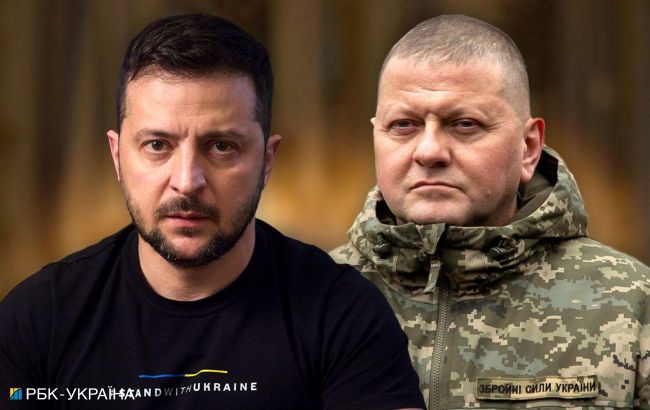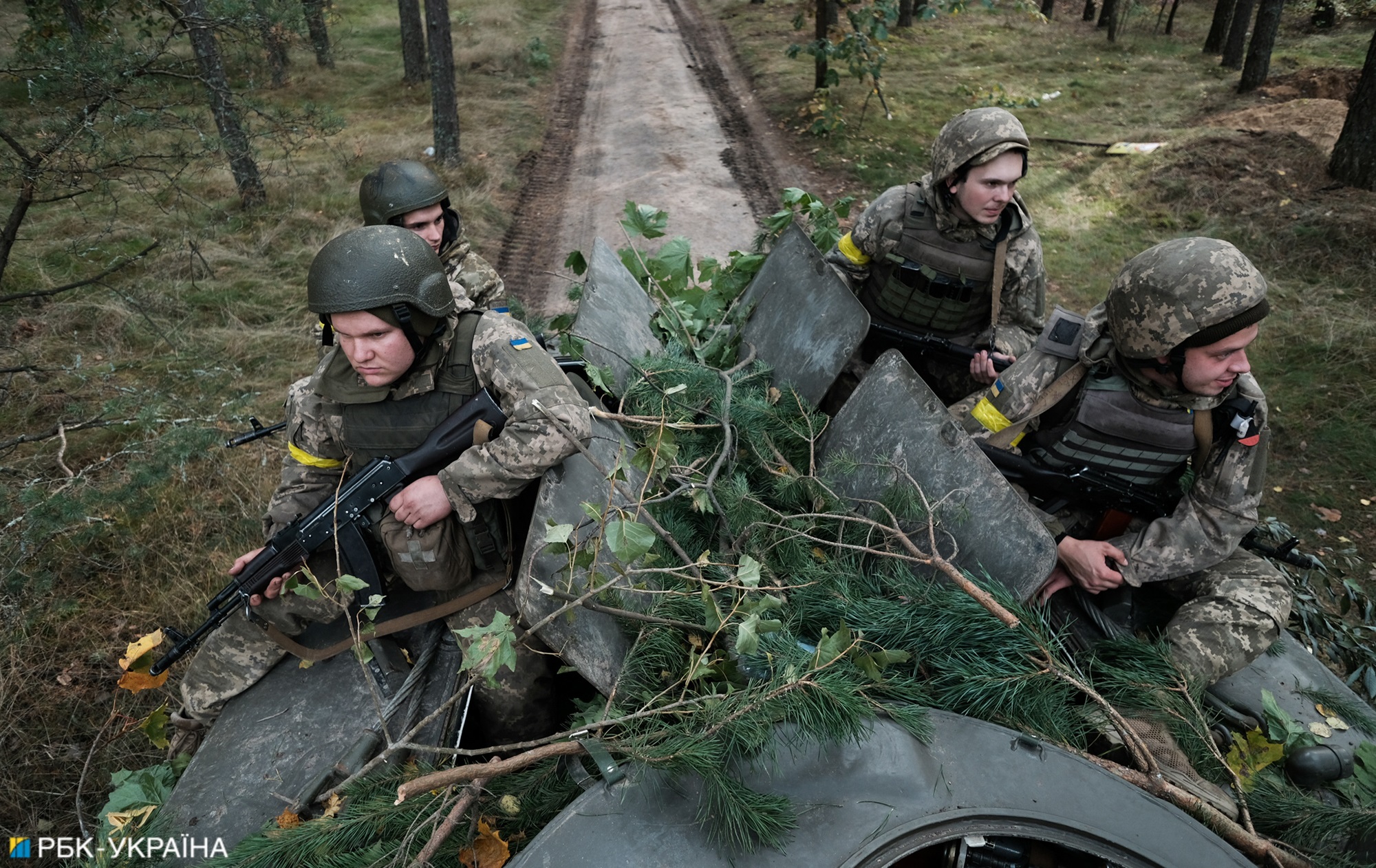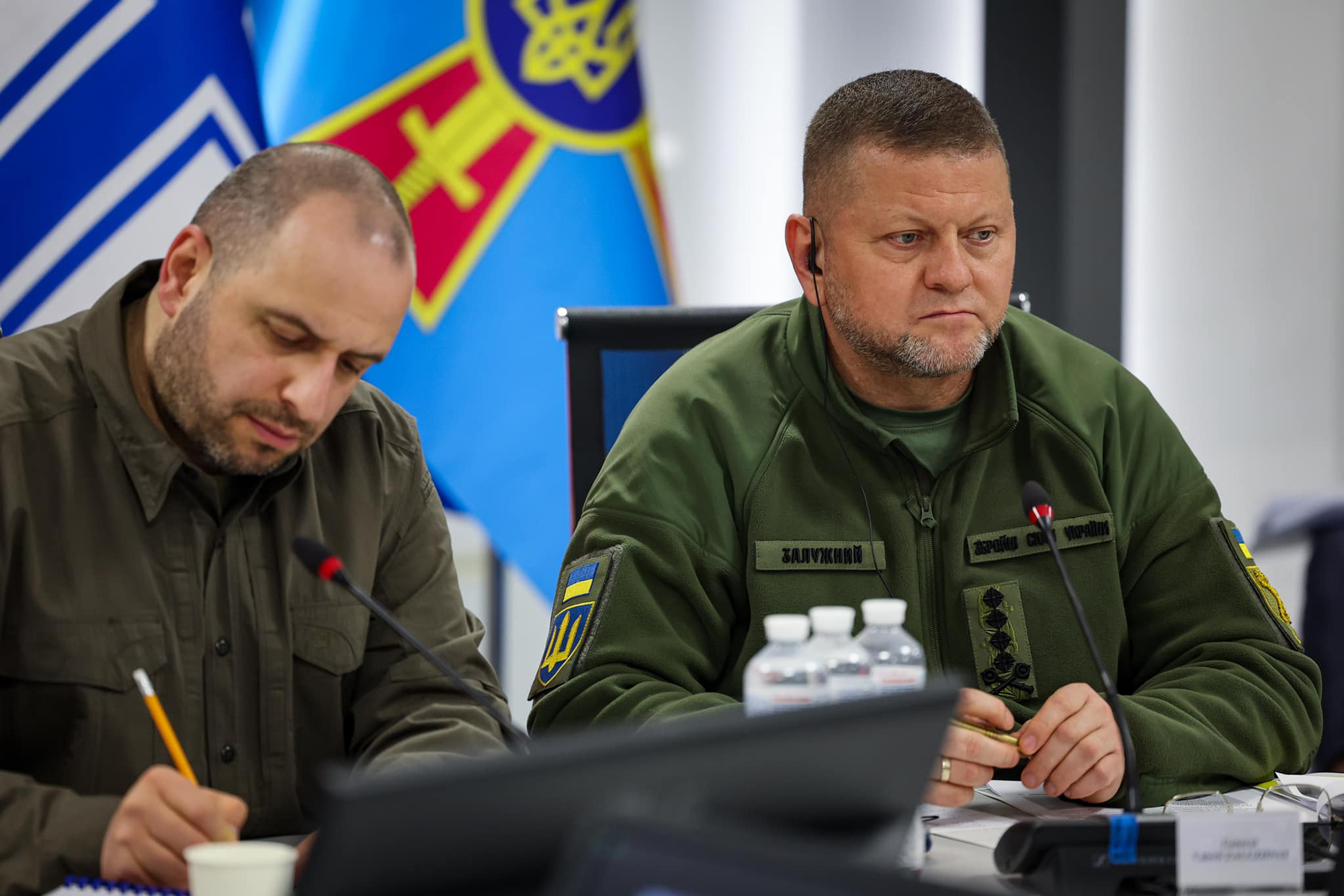Force or motivate: Why Ukrainian government cannot agree on mobilization rules
 RBC-Ukraine collage
RBC-Ukraine collage
Currently, legislative innovations are being explored by the Ukrainian government in the ongoing effort to address mobilization issues. So, what are the key problems of the mobilization process? Read in analysis by RBC-Ukraine.
Public statements and off-the-record comments from Ukrainian officials, as well as the text of the mobilization bill on the Verkhovna Rada website, were used in preparing this material.
Mobilization in Ukraine has become the number one topic in recent weeks, fueled by intensified mobilization measures on the streets and the incidents surrounding this process, actively discussed on social media, including by Russians. However, the key trigger is undoubtedly the thematic bill introduced to the Rada shortly before the New Year.
The Parliamentary Committee on National Security has been reviewing it for several days, and a decision on the bill's fate is likely to be made today. It is clear, however, that it will not be adopted in its current form - either it will be sent for further revision to the Cabinet, or deputies will agree on their alternative project. Alternatively, the government's project may be approved in the first reading, with significant amendments before the second reading (RBC-Ukrainie sources suggest this is the likely scenario).
However, the fundamental issue remains unresolved - there is no clear vision of how to address the mobilization problem without bypassing numerous acute angles, a challenge the current authorities are facing.
Everyone is discontent
The appearance of the mobilization bill, alongside various ideas about shielding speakers from external influence, has sharply exacerbated internal contradictions in Ukrainian society along several lines: military/civilian, affluent/poor, those who left/those who stayed, and so on.
As a result, there is currently no concept of the mobilization process that enjoys absolute support among all Ukrainians. Finding common ground between the objective needs of the Armed Forces for manpower, the preservation of the economy, and justice, in all its meanings, remains elusive. Political considerations at the top layer also complicate the matter.
For example, the initial idea of not being mobilized to pay high taxes is likely to be abandoned in its original form. According to RBC-Ukraine sources in the government, it is too unpopular among the general population, making it unrealistic to pass through the session hall in its current format. Therefore, new tax and drafting rules will likely be established only at the Cabinet level. Measures related to the punishment of evaders at various stages of the mobilization process may also be softened.

Ukrainian military (photo: Vitalii Nosach / RBC-Ukraine)
While the Office of the President could potentially push unpopular decisions through the parliament, it is reported that there is no clear vision on mobilization at the Bankova. President Volodymyr Zelenskyy, for instance, opposes overly harsh measures, as indicated in his recent press conference where he advocated for the civilians and highlighted that one soldier is supported by six people in the rear through their taxes.
The Bankova (the street the Ukrainian government is located on - ed.) often tests public reactions to controversial initiatives, and if the response is sharply negative (as was the case with the "deposit for leaving the country" proposal), the authorities tend to step back. However, with mobilization, it is unlikely that everyone will be satisfied -neither the military leadership, nor the ordinary soldiers, nor the civilians.
According to a government source, the current version of the mobilization bill pursued two additional goals beyond the stated ones: firstly, to signal to the population that the war is not over, people are needed, and there will be more fighting ahead. Secondly, to signal to Western partners that the government is addressing the issue, alleviating concerns about having no one to fight with the weapons they supply in the future. If mobilization fails, Ukraine's critics in the West would have another argument: why help Ukraine if Ukrainians themselves are unwilling to fight?
Simultaneously, there is an opposing approach to mobilization in the corridors of power: not using the stick but the carrot. Among the possible ideas is to grant a three-month deferral to individuals who voluntarily register in an electronic portal for conscripts (which still needs to be created). This would give people enough time to prepare and wrap up their civilian affairs. Alternatively, categorize all those who must go to the army into groups, specifying a date when a person is likely to start serving, aiding in planning their civilian life.
As of now, the authorities lack an understanding of when and in what form the new mobilization rules will come into effect.
No desire
However, as noted by one of the sources, various technical methods cannot fundamentally solve the problem - the reluctance of many current civilians to go to the front, regardless of their justifications.
Many do not dismiss the idea of serving as such. The high competition (an average of nine applications per vacancy) in last year's recruiting project attests to this. However, through platforms like LobbyX, Robota.ua, work.ua, and olx.ua, people are primarily looking for non-combat roles, which are currently the key need, according to the source.
"There is pressure from the military, even though they say that solving the mobilization issue through such laws is not necessary. Of course, defense does not require as many resources as an offensive, but it is still unclear how to fight without people," the source explains.
Additionally, political factors play a big part. Initially, the authorities wanted to link the unpopular mobilization issue directly to the head of the Armed Forces, Valerii Zaluzhnyi, considering his popularity. However, Zaluzhnyi, as evident from his sudden pre-New Year briefing, is trying to distance himself from the bill, emphasizing that the General Staff does not have legislative initiative rights, and no appeals or bills have been submitted to the Cabinet.

Defense Minister Rustem Umerov and Commander-in-Chief Valerii Zaluzhnyi (photo: facebook.com/CinCAFU)
"The same individuals who are reluctant to engage in warfare are also pushing for mandatory adherence to the 1991 borders," notes a source. Clearly, without a sharp increase in mobilization, this task is unattainable.
Therefore, until the proposed law comes into effect, addressing manpower issues for the military will require alternative methods that are already being implemented in practice. From complicating exit procedures to more intensively distributing draft notices at checkpoints and exerting pressure on local recruitment centers, which are better aware of where and how much mobilization potential exists on their particular territory and how to approach the lowest-level local authorities to mobilize this resource.
The mobilization issue cannot be resolved without the development of a comprehensive incentive system for active and potential service people. However, it will, in any case, demand significant funds - funds that Ukraine can realistically only obtain from the West. And there, as tradition holds, progress is typically slow in coming.

